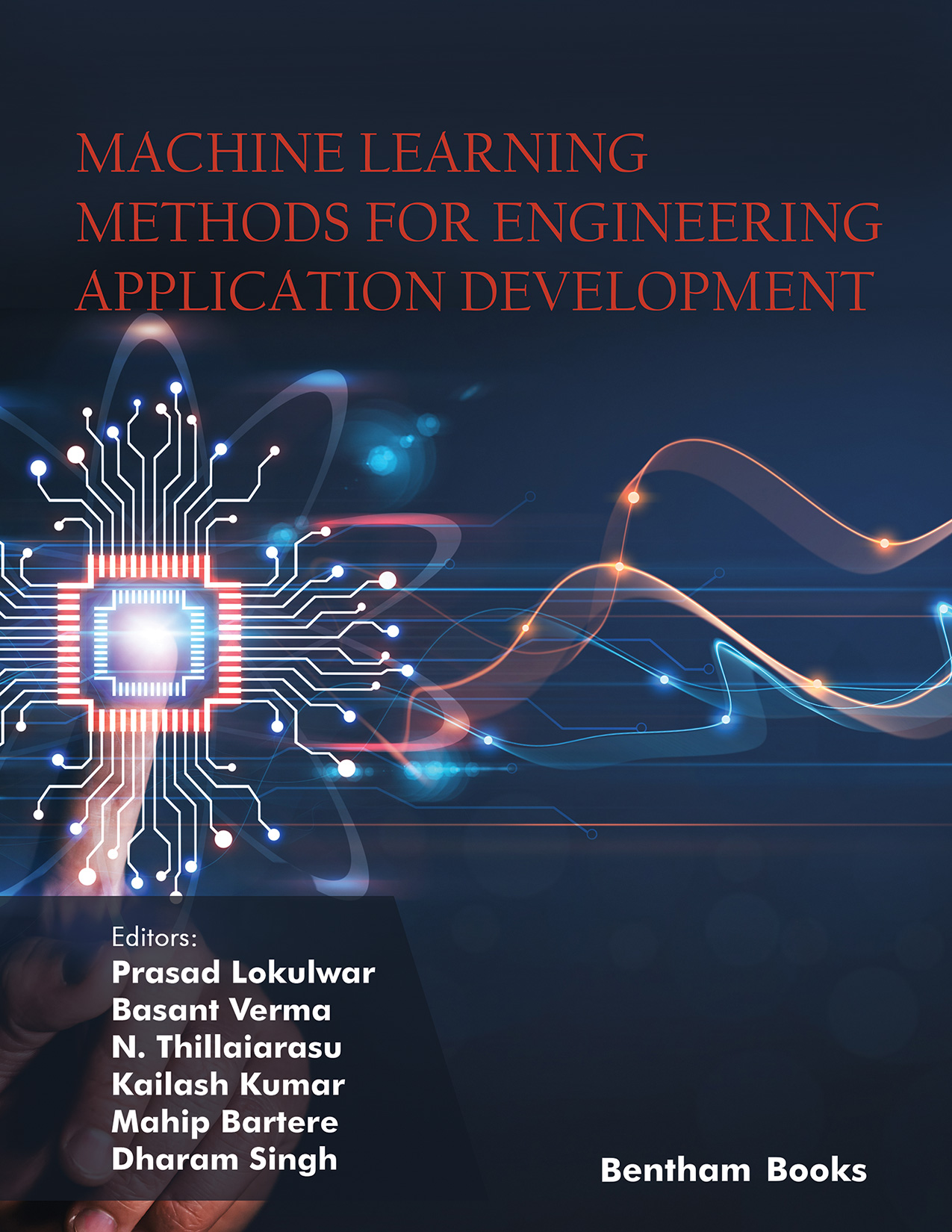Machine learning deals with the issue of how to build programs that improve their performance at some tasks through experience. Machine learning (ML) plays a major role in the fourth industrial revolution, and we see a lot of evolution in various machine learning methodologies. AI techniques are widely used by practicing engineers to solve real-world problems. Industry 4.0 refers to the introduction of digital technologies and the development of skills, resources, and high-tech for the evolution of Industrial Factories. The concepts of Artificial Intelligence (AI), Machine Learning, and its applications in Industry 4.0 are popular among researchers. Several industrial applications are being designed and deployed. Herein, we share a few examples of machine learning that we use every day and perhaps have no idea that they are driven by ML-like Virtual Personal Assistants, Predictions, Videos Surveillance, Social Media Services, Email Spam and Malware Filtering, Online Customer Support, Search Engine Result Refining, Product Recommendations, and Online Fraud Detection. Besides, numerous researchers from diversified domains are working towards the amalgamation of these technologies.
The chapters of this book are organized into five parts, Machine Learning Essentials, Applied Machine Learning, Surveillance Systems, Machine Learning in IoT and Cyber Security, and Intelligent Systems. Machine learning algorithms have proven to be of great practical value in a variety of application domains. Not surprisingly, the field of software engineering turns out to be a fertile ground where many software development and maintenance tasks could be formulated as learning problems and approached in terms of learning algorithms. This book deals with the subject of applying machine learning methods and engineering. In these books, we first provide the characteristics and applicability of some frequently utilized machine learning algorithms. We then summarize and analyze the existing work and discuss some general issues in this niche area. Finally, we offer some guidelines on applying machine learning methods to software engineering tasks.
This book describes the most common Artificial Intelligence (AI), Machine Learning and its applications in Industry 4.0, including Bayesian models, support vector machines, decision tree induction, regression analysis, and recurrent and convolutional neural networks. It first introduces the principles of machine learning; it then covers the basic methods, including the mathematical foundations. The biggest part of the book provides common machine learning algorithms and their applications. Finally, the book gives an outlook into some of the future developments and possibly new research areas of machine learning and artificial intelligence in general.
This book is meant to be an introduction to Artificial Intelligence (AI), Machine Learning, and its applications in Industry 4.0. It does not require prior knowledge in this area. It covers some of the basic mathematical principles but intends to be understandable even without a background in mathematics. It can be read chapter-wise and intends to be comprehensible, even when not starting in the beginning. Finally, it also intends to be a reference book.
Key Features
• Describes real-world problems that can be solved using Machine Learning.
• Provides methods for directly applying Machine Learning techniques to concrete real-world problems.
• Research outputs require working in Industry 4.0 platforms, including the use and integration of AI, ML, Big Data, NLP, and the Internet of Things (IoT).
• We welcome new developments in statistics, mathematics, and computing that are relevant to the machine learning perspective, including foundations, systems, innovative applications, and other research contributions related to the overall design of machine learning and models and algorithms that are relevant for AI.

